Pakistan stands at a pivotal moment in its economic history. With approximately 65 million people in its workforce and over 60% of its population under 30, the country possesses one of the youngest demographic profiles in the world . This demographic dividend presents both an unprecedented opportunity and an enormous challenge as technological acceleration transforms global labor markets. The rise of automation, artificial intelligence, and other disruptive technologies is fundamentally reshaping the nature of work, creating urgent questions about what jobs will look like in the coming decade.
Table of Contents
For Pakistan’s youth, understanding these shifts is not merely academic—it is essential for their economic survival and prosperity. The coming transformation will render some traditional roles obsolete while creating entirely new categories of work that barely exist today. This article explores the complex landscape of automation’s impact on Pakistan’s job market, providing youth with actionable insights to not just survive but thrive in the age of AI. We’ll examine which sectors are growing, which are declining, and what skills will be most valuable in building a future-proof career in Pakistan’s evolving economy.
The Current Landscape: Pakistan’s Youth Workforce and Automation Pressures
Pakistan’s workforce dynamics are characterized by striking contrasts. On one hand, the country boasts a vibrant, youthful population brimming with potential. On the other, it faces significant challenges in education, skills development, and job creation. The youth unemployment rate reached 8.5% in recent years, with approximately 44% of children and teenagers currently out of school . This skills gap threatens to leave millions behind as the nature of work evolves.
The informal sector currently absorbs a substantial portion of Pakistan’s workforce, but these positions are often characterized by low wages, minimal job security, and limited social protection. As automation advances, these informal roles face particular vulnerability due to their typically routine nature and low skill requirements. The transition to a more formal, technology-driven economy represents both a disruption and an opportunity to create better, more secure employment—if the right investments in skills and infrastructure are made.
Global trends highlighted in the World Economic Forum’s Future of Jobs Report 2025 suggest that while 86% of employers anticipate significant transformations due to AI advancements, the net effect on employment could be positive globally with the creation of approximately 170 million new roles by 2030 . The question for Pakistan is whether it can position its youth to capture these opportunities.

Drivers of Change: Technological, Economic, and Demographic Forces Reshaping Pakistan’s Job Market
The Technological Imperative: AI and Automation
Artificial intelligence is no longer a futuristic concept but a present-day reality transforming Pakistani workplaces. From banking chatbots to AI-assisted medical diagnostics, organizations across sectors are integrating intelligent technologies to enhance efficiency and reduce costs . This technological shift is simultaneously creating and displacing jobs, with routine, repetitive tasks being most vulnerable. A recent study analyzing 200,000 real conversations with AI assistants found that AI excels at micro-tasks like writing drafts, summarizing information, and generating explanations, while struggling with context, nuance, and originality .
Economic Realities: Digital Transformation and Global Connectivity
The COVID-19 pandemic accelerated digital transformation across Pakistan, forcing businesses to adopt new technologies and work models. This has led to increased demand for e-commerce, digital marketing, and remote project management skills . Meanwhile, freelancing platforms like Upwork and Fiverr have empowered many Pakistanis to bypass traditional employment systems, generating employment and contributing to foreign currency inflows . The government’s Digital Pakistan Policy aims to strengthen the IT sector, improve digital infrastructure, and boost e-commerce, recognizing technology as a cornerstone of future economic progress .
Demographic Dynamics: Harnessing the Youth Dividend
With nearly half its population under 30, Pakistan has what economists call a “demographic dividend”—a one-time opportunity for economic acceleration if the young population can be productively employed . However, this window is finite. Without urgent action to align education with market needs, this potential asset could become a liability, exacerbating unemployment and social instability. The challenge is particularly acute for young women, who face additional barriers to workforce participation despite the flexibility offered by digital work platforms .
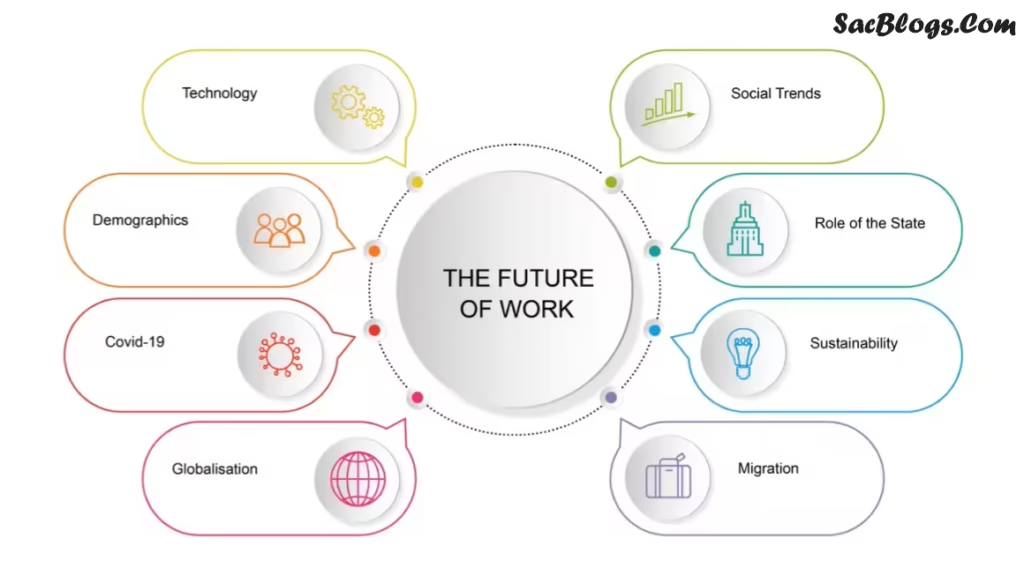
The Transformation of Work: Which Jobs Are Growing and Which Are Declining in Pakistan?
Emerging Opportunities: The Rise of Tech and Tech-Enabled Roles
As automation transforms industries, new categories of employment are emerging that offer promising pathways for Pakistani youth:
- AI and Data Specialists: Roles like data analysts, machine learning engineers, and AI ethics officers are experiencing growing demand as businesses seek to leverage data-driven insights .
- Renewable Energy Engineers: Climate change is driving global demand for green skills, with environmental specialists and renewable energy engineers representing a growth area .
- Digital Content Creators and Marketers: The expansion of e-commerce and digital platforms requires professionals who can create engaging content and develop online marketing strategies .
- Cybersecurity Experts: As businesses digitize operations, protecting digital assets becomes paramount, creating demand for security professionals .
- AI Interpreters and Trainers: New roles are emerging for professionals who can mediate between humans and AI systems, including prompt engineers who optimize AI outputs and verifiers who ensure accuracy .
Roles in Transition: Occupations Facing Automation Pressure
Certain traditional roles face significant disruption due to their high proportion of routine, predictable tasks:
- Data Entry Clerks: The automation of information capture and processing threatens these positions .
- Accounting and Bookkeeping Staff: AI can now handle many routine accounting tasks, with one global implementation reducing month-end closing from 20 days to just 6 days .
- Manufacturing and Assembly Workers: Advanced robotics and automation are transforming production lines .
- Customer Service Representatives: Basic query handling is increasingly automated through chatbots and virtual assistants .
The following table provides a comparative overview of how different roles are expected to evolve:
| Fast-Growing Roles | Declining Roles | Evolving Roles |
|---|---|---|
| AI and machine learning specialists | Data entry clerks | Accountants (shifting to analytical and advisory functions) |
| Renewable energy engineers | Administrative assistants | Teachers (incorporating AI tools while focusing on mentorship) |
| Digital marketing specialists | Factory production workers | Farmers (using AI for precision agriculture) |
| Cybersecurity analysts | Cashiers and tellers | Healthcare workers (augmented by diagnostic AI) |
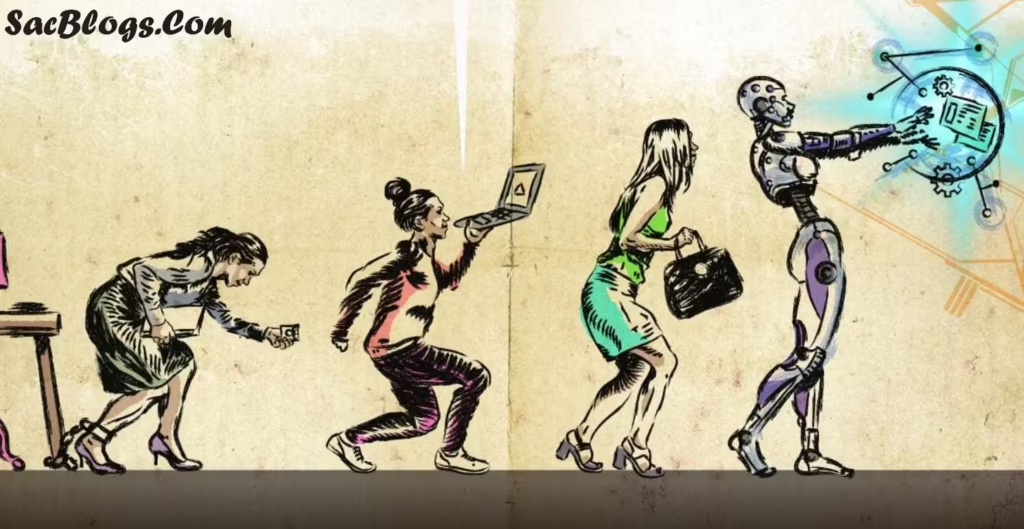
Essential Skills for the Future: What Pakistani Youth Need to Thrive in an Automated Economy
Technical Competencies: Digital Fluency and Beyond
While specific technical skills will evolve with technology, certain foundational capabilities will remain valuable:
- Digital Literacy: Beyond basic computer skills, this includes understanding how to work effectively with AI tools and platforms .
- Data Analysis: The ability to interpret, analyze, and derive insights from data is becoming essential across sectors .
- Technology Use and Monitoring: As systems become more sophisticated, skills in operating and overseeing automated processes are increasingly valuable .
Human-Centric Capabilities: The Irreplaceable Human Touch
Perhaps surprisingly, as technical skills become more important, so do distinctly human capabilities that AI cannot easily replicate:
- Critical Thinking and Analytical Skills: The ability to evaluate information, identify patterns, and make reasoned judgments remains a human forte .
- Creativity and Originality: Generating novel ideas, approaches, and solutions is increasingly valued in a world where AI handles routine tasks .
- Emotional Intelligence and Empathy: Understanding and responding to human emotions gives human workers a significant advantage in roles requiring interpersonal connection .
- Complex Problem-Solving: Tackling multifaceted challenges that lack clear solutions requires human ingenuity and contextual understanding .
- Adaptability and Resilience: In a rapidly changing job market, the ability to learn new skills and bounce back from setbacks is crucial .

Seizing Opportunity: Practical Pathways for Pakistani Youth, Educators, and Government
For Youth: Building a Future-Proof Career
- Embrace Lifelong Learning: View education as an ongoing process rather than a one-time event. Take advantage of platforms like DigiSkills.pk that offer free courses in digital fields .
- Develop a “Hybrid” Skill Set: Combine technical knowledge with soft skills. For example, learn data analysis while strengthening communication abilities .
- Gain Practical Experience: Pursue internships, freelance projects, or volunteer work that builds your portfolio and demonstrates applied skills .
- Cultivate an Entrepreneurial Mindset: Look for problems in your community that could be solved with technology-enabled solutions .
For Educational Institutions: Bridging the Skills Gap
- Modernize Curricula: Integrate AI literacy and digital skills across subjects, not just in technology classes .
- Emphasize Project-Based Learning: Create opportunities for students to work on real-world problems that develop critical thinking and creativity .
- Forge Industry Partnerships: Collaborate with employers to ensure programs align with market needs and provide relevant work experience .
For Government and Policymakers: Creating an Enabling Environment
- Expand Digital Infrastructure: Ensure reliable internet access across the country, particularly in rural and underserved areas .
- Support Digital Inclusion: Implement programs specifically designed to increase participation of women and marginalized groups in the digital economy .
- Promote Public-Private Partnerships: Encourage collaboration between educational institutions, technology companies, and government agencies .
- Implement Forward-Looking Policies: Execute initiatives like the National AI Policy 2025 that provide clear direction and resources for digital transformation .
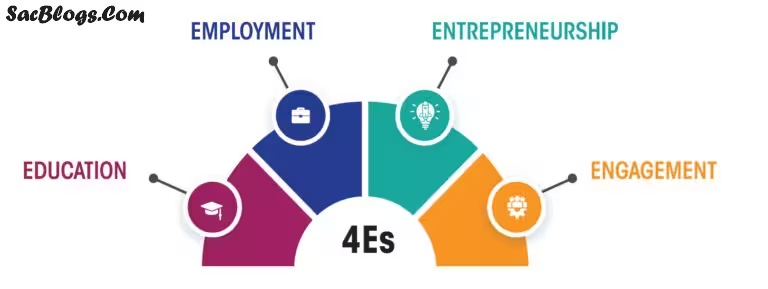
Conclusion: Automation as a Tool for Progress, Not a Threat to Prosperity
The future of jobs in Pakistan is not a predetermined destiny but a landscape of possibilities. Automation and AI will undoubtedly disrupt traditional employment patterns, but they also offer powerful tools for solving persistent challenges and creating new economic opportunities. The critical factor determining whether these technologies become a force for inclusive growth or exacerbate existing inequalities will be how prepared Pakistan’s youth are to work alongside intelligent machines.
Rather than asking “Will AI replace jobs in Pakistan?” we should ask “How can Pakistan harness AI to create better jobs?” With timely action and inclusive growth strategies, AI can transform the country’s workforce for the better. This requires a collective effort from government, educators, employers, and youth themselves to build an ecosystem where technological advancement and human potential develop in tandem.
Pakistan stands at a digital crossroads. By choosing the path of strategic investment in human capital, digital infrastructure, and innovative policies, the country can transform its demographic potential into economic prosperity, ensuring that its youth not only navigate the age of automation but truly thrive in it.
Read Also: AI in Pakistan – Transforming Education, Healthcare, and Business
Frequently Asked Questions About Automation and Jobs in Pakistan
1. Will AI completely replace human workers in Pakistan?
No, AI is primarily transforming jobs rather than eliminating them entirely. Most roles will see certain tasks automated while other aspects become more important. The World Economic Forum projects a net gain of jobs globally by 2030, with new roles emerging even as some traditional positions decline .
2. Which sectors in Pakistan have the biggest opportunities related to AI?
The most promising sectors include information technology, financial services, healthcare, agriculture, and digital marketing. These fields are experiencing rapid digital transformation and offer opportunities for AI applications tailored to local needs .
3. What are the most future-proof careers for Pakistani youth?
Roles that combine technical skills with human-centric capabilities tend to be most resilient. These include AI specialists, renewable energy engineers, healthcare professionals, cybersecurity analysts, and careers that emphasize creativity, emotional intelligence, and complex problem-solving .
4. How is generative AI changing the job market in Pakistan?
Generative AI is automating task-level functions such as writing, research, and basic customer service. This is shifting the value toward skills like critical thinking, creativity, and strategic decision-making that complement rather than compete with AI capabilities .
5. What free resources are available for Pakistanis to learn digital skills?
The government’s DigiSkills.pk platform offers free courses in areas like freelancing, digital marketing, and AI basics. Additionally, the World Bank has supported digital skills initiatives in provinces like Khyber Pakhtunkhwa that have trained thousands of youth .
6. How can Pakistani women benefit from the changing job market?
Digital platforms and remote work options can help overcome traditional barriers to women’s employment. The number of female freelancers in Pakistan has increased by 70% over the past three years, demonstrating how technology can create more inclusive work opportunities .
7. What should a complete beginner in Pakistan do to prepare for future jobs?
Start by building basic digital literacy through free online resources. Then, develop a mix of technical skills (like data analysis or digital marketing) and human skills (like communication and critical thinking). Look for opportunities to gain practical experience through internships or freelance platforms .
8. Are finance jobs in Pakistan at risk due to AI?
Routine finance tasks like data entry and basic bookkeeping face automation pressure. However, roles requiring judgment, strategy, and complex analysis are evolving to incorporate AI as a tool rather than being replaced by it. Upskilling in AI-augmented finance tools is crucial for professionals in this field .
9. How can small businesses in Pakistan leverage automation?
Small businesses can use AI-powered tools for digital marketing, customer service, accounting, and inventory management. These technologies are becoming increasingly accessible and affordable, helping SMEs improve efficiency without large investments in staff .
10. What role does the government play in preparing Pakistan’s workforce for automation?
The government can drive digital infrastructure development, modernize education systems, support reskilling initiatives like the Parwaaz program, and implement policies that encourage innovation while protecting workers through economic transitions .

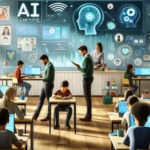

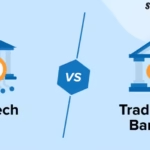



1 thought on “The Future of Jobs in Pakistan – What Automation Means for Youth”